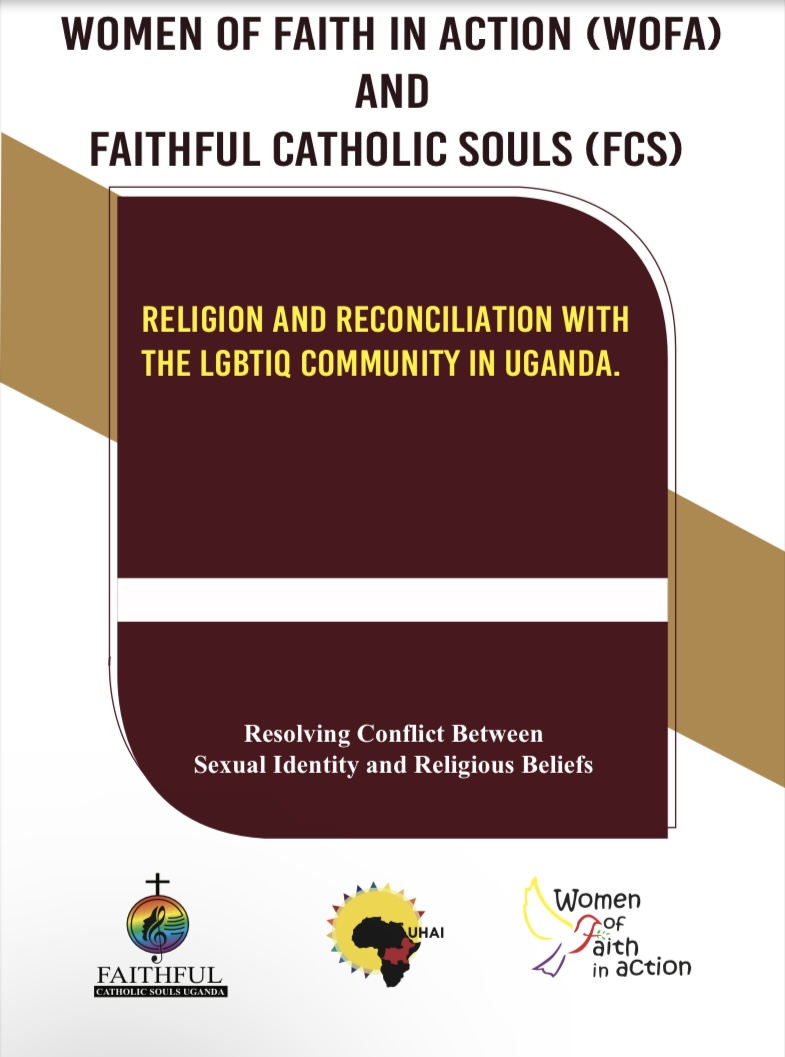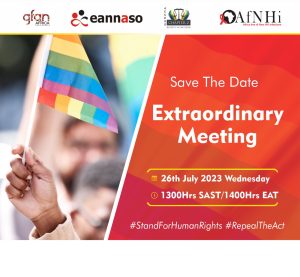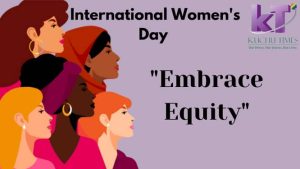On 3rd January, LGBTQ+ activist in Uganda was brutally attacked on their way to work in Wakiso district. This came at a time when the LGBTQ+ community of Uganda is facing extreme discrimination further fueled by the Anti Homosexuality Act, 2023. The main tools being used to propel this discrimination beyond the law are misrepresentation of religion and culture. One of the faces who have remained steadfast in using religion to spread hate towards the LGBTQ+ community is Pastor Martin Ssempa. Ssempa has utilized his position within the religious community to fuel homophobia, amplifying discriminatory attitudes and fostering an environment of hostility. His teachings have not only contributed to the marginalization of the LGBTQ+ community but have also created an atmosphere where discrimination is not only accepted but, in some cases, actively encouraged.
The alarming nature of the situation is further underscored by a disturbing video circulating on the internet. In this footage, an assistant of Pastor Ssempa is seen brazenly calling for the mass slaughter of LGBTQ+ individuals. The explicit nature of this call to violence has sent shockwaves through both local and international communities, revealing the extent to which some religious figures exploit their positions to incite harm against those who identify as LGBTQ+.
In a groundbreaking study, researchers from Women of Faith in Action and Faithful Catholic Souls, with support from UHAI-EASHRI, have delved into the pervasive religious homophobia faced by Uganda’s LGBTQ community. The report sheds light on the intricate conflicts that arise when individuals identifying as LGBTIQ navigate the intersection of their sexual identity with deeply ingrained religious beliefs.
The research report not only uncovers the insidious role of religion in perpetuating homophobia but also emphasizes the urgent need for accountability. Pastor Ssempa’s actions, and those of his assistant as captured in the video, underscore the potential dangers of unchecked hate speech within religious contexts. The call for violence against the LGBTQ+ community is not only morally reprehensible but also poses a significant threat to the safety and well-being of individuals who are already marginalized.
Uganda has been a focal point in discussions surrounding LGBTQ rights, and the research focuses on the often-ignored religious dimension of the conflict faced by this marginalized community. The study concentrated on 50 Kampala residents who identify as LGBTIQ, all raised within various Christian denominations, including Anglican, Catholic, Seventh-Day Adventist, and Born-Again Christian faiths.
The participants, aged 19 to 43, represented a broad spectrum of gender identities and sexual orientations. Of the 50 individuals, 17 identified as gay, 18 as lesbian, 7 as transgender, 3 as bisexual, and 5 as queer. Notably, 30% of the participants had a background in sex work, highlighting the challenges faced by this community in navigating both religious and societal prejudices.
The research exposes the deep-seated conflict experienced by participants, illustrating the struggle to reconcile their sexual orientation with religious doctrines. Many participants described implicit and explicit experiences of discrimination, leading them to become more private and involved in their religious practices as a coping mechanism.Participants revealed the lengths to which they went to conceal their same-sex attractions due to the negative stance of church doctrine. One participant, raised as the leader of a high school chapel choir, disclosed how immersing themselves in church activities provided a perceived sanctuary where they could hide their true selves. The need to maintain a facade stemmed from the fear of societal judgment and the harsh stigma associated with LGBTQ identities.
The report highlights the emotional toll on individuals grappling with their sexual identity within the confines of their religious upbringing. A Catholic participant expressed the profound shame she experienced upon realizing she was lesbian, praying ceaselessly in an attempt to make her desires disappear, echoing the deep-rooted stigma associated with being a member of the LGBTQ community.
This research report underscores the urgent need for a comprehensive understanding of the complex dynamics at play when religion intersects with sexual identity in Uganda. As the LGBTQ community continues to face discrimination and persecution, initiatives like these shed light on the challenges and contribute to fostering a more inclusive and tolerant society. It is a call to action for religious leaders, policymakers, and society at large to reconsider the impact of deeply ingrained religious beliefs on the lives of marginalized individuals in Uganda and beyond.
Here is the link to the full report: https://www.kuchutimes.com/wp-content/uploads/2024/01/Report-work-1.pdf




